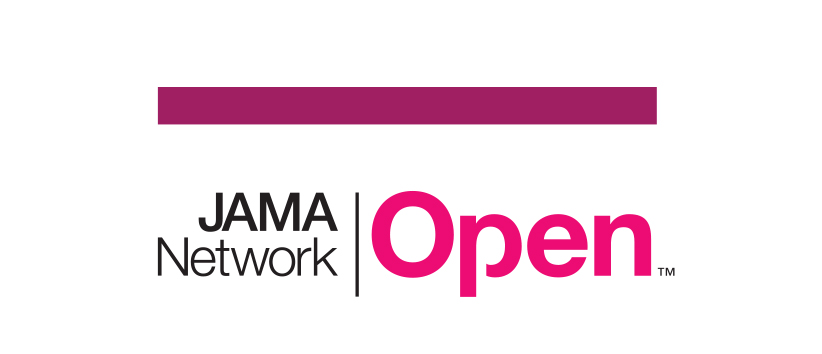Nearly One-Quarter of Completed Lung Cancer Clinical Trial Results Are Not Published

Posted in News Release | Tagged cancer, cancer research, clinical trials, lung cancer
Media Contact:
Karen Teber
km463@georgetown.edu
WASHINGTON (November 6, 2019) — Despite the lengthy time and money commitments that are required to conduct clinical trials, a new analysis has found that up to one-fourth of completed lung cancer clinical trial results are not published, thereby depriving patients, the research community and the public of a complete picture of the current state of the science.
This finding, by researchers at Georgetown Lombardi Comprehensive Cancer Center, was published in JAMA Network Open on November 6, 2019.
“It is surprising to see that a quarter of trials that have been completed end up not getting published,” said Chul Kim, MD, MPH, an assistant professor of medicine and member of Georgetown Lombardi and the senior investigator for this work. “It is well known that it is difficult to get results of trials published if they can’t be conducted to completion for reasons such as low patient accrual or toxicity, but it is imperative that the data from the trial at least be put into a repository for future reference, such as ClinicalTrials.gov, and that is currently not the case.”
The researchers looked at trials conducted between 2000-2016, as that period reflects current clinical practice, especially since many trials take up to a decade to complete. Beyond the fact that nearly one-quarter of completed trial results are not published, the investigators also found that:
- Trials conducted by the pharmaceutical industry, which are often proprietary, were published less frequently than those sponsored by the federal government (e.g., the National Institutes of Health) or academic institutions;
- Trials conducted at several institutions vs. just one institute were more likely to be published;
- Trials which enrolled more than 500 people were more likely to be published than trials with small numbers of patients; and
- Among trials that were not completed for reasons such as low patient accrual or toxicity, over 70% of such trials were never published.
“There are a number of initiatives in place to encourage better reporting of results, such as the ALLTrials international campaign and the medRxiv research database,” said Kim. “But there is still a huge bias against publishing incomplete or negative findings and we owe it, above all else, to the patients who participated in these trials to show that regardless of the outcome, they made an important contribution to advancing the science of cancer research.”
In addition to Kim, authors from Georgetown University and its clinical partner MedStar Health, include Ghassan Al-Shbool, Hira Latif, Saira Farid, Shuqi Wang, Jaeil Ahn and Giuseppe Giaccone.
Kim reports receiving institutional grants from AstraZeneca, Novartis, Tesaro, Regeneron, and Karyopharm outside the submitted work. No other disclosures were reported.
Al-shbool G, Latif H, et al. Publication rate and characteristics of lung cancer clinical trials. JAMA Network Open. Nov. 6, 2019.
